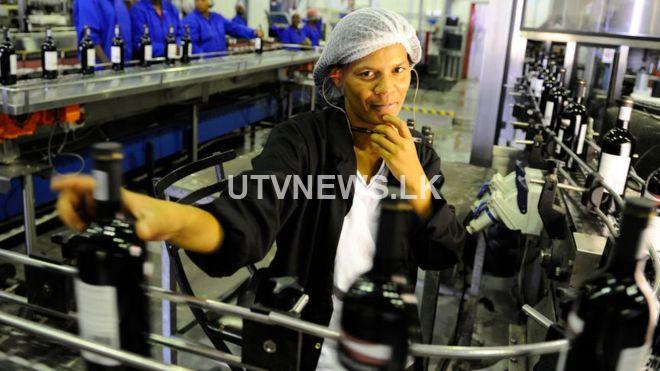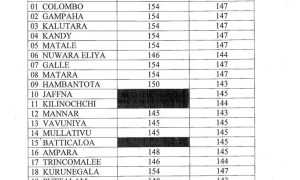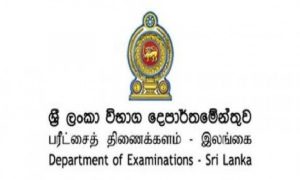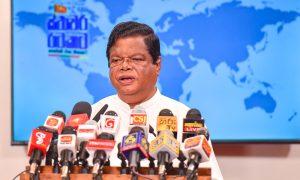(UTV|BREXIT) – After Brexit, the UK wants to boost business trade with Africa, but as a major UK-Africa business summit starts in London, Matthew Davies asks if there really will be new opportunities for the continent.
Trade is tricky. Trade agreements are trickier. Trade negotiations to get those agreements are exponentially more complicated.
And the road that the Brexit can has been kicked down for so long is rapidly running out.
Once the UK leaves the European Union at the end of January, it has 11 months to come up with a trade deal with the European Union to avoid reverting to WTO rules.
Prime Minister Boris Johnson and his Leave supporters have always expounded the virtues of being outside the EU, including the ability to negotiate its own trade deals on its own terms for the benefits of its own citizens.
Being part of a big gang has its advantages and disadvantages.
Yes, you have to make compromises and adapt your goals to match commonly-agreed policies. But you also get the power of the bloc behind you in trade negotiations.
Where does this leave Africa?
The UK’s International Development Secretary, Alok Sharma, is, as one would expect, very optimistic saying that Britain’s relations with Africa will be “turbo-charged”, with trade, business and investment deals being struck left, right and centre.
The UK government seems to be taking it seriously.
The UK-Africa Investment Summit can be seen as evidence of that but any potential change in actual trade conditions is some way off. Possibly years.
What changes when Britain exits the EU?
Mostly, nothing changes at the end of January.
There will be much political posturing and speech making, but the UK will still be a member of the EU Customs Union and Single Market until the end of the year.
There is a provision for it to extend that by a further two years, but that would seem to be ruled out by Prime Minister Johnson.
That means trade relations between the UK and Africa stay the same for 2020, conducted under the EU’s various existing deals with the continent.
What about after 2020?
Beyond the 2020 horizon, trade arrangements between many African countries and a fully-Brexited UK are also set to remain the same under a number of “continuity agreements”.
These basically say that the trade conditions (tariffs, quotas, standards and so on) remain the same as they are currently between a number of African countries and trading blocs and the EU.
For example, in September last year, the UK initiated an Economic Partnership Agreement with the Southern African Customs Union (Sacu) – which is made up of South Africa, Botswana, Namibia, Lesotho and eSwatini – and Mozambique.





















